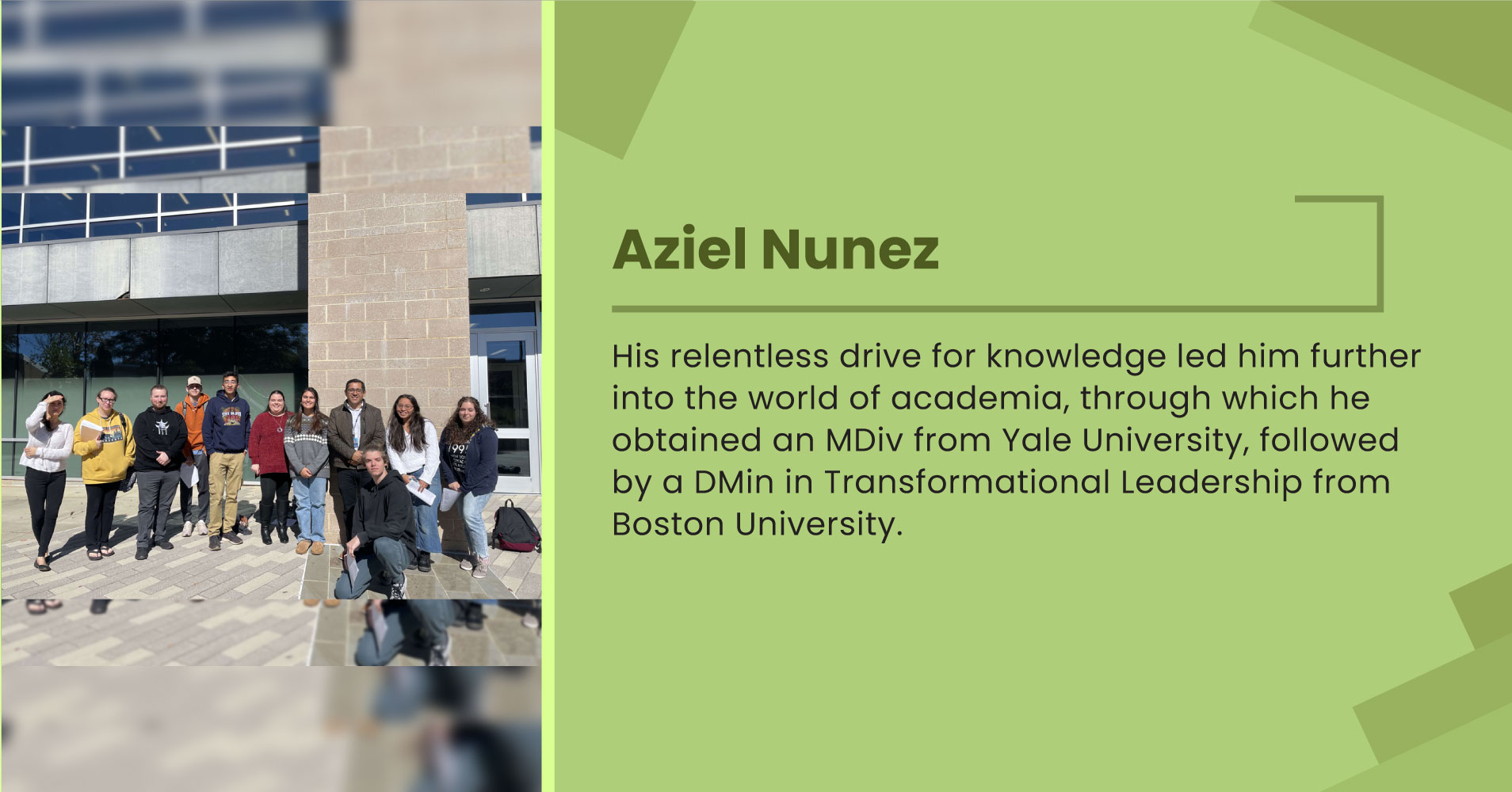
In today’s fast-paced and competitive academic environment, the focus often gravitates toward academic achievements and measurable outcomes. However, proper education goes beyond grades and test scores. It encompasses the holistic development of students, nurturing their intellectual abilities and emotional, social, and physical well-being. Holistic student development recognizes that individuals are multifaceted beings with diverse needs and potentials, and it aims to cultivate a balanced and thriving student body. Let’s delve deeper into this crucial aspect of education.
Fostering Personal Growth
At the core of holistic student development lies the belief that education should empower individuals to grow personally and professionally. It goes beyond the classroom, encouraging students to explore their passions, interests, and values. By providing opportunities for self-reflection, goal-setting, and personal exploration, educational institutions can help students better understand themselves and their place in the world. This self-awareness forms the foundation for lifelong learning and personal fulfillment.
Cultivating Emotional Intelligence
Emotional intelligence is increasingly recognized as a critical skill for success in both academic and professional realms. Holistic student development emphasizes the importance of nurturing emotional intelligence alongside intellectual abilities. By teaching students to recognize and manage their emotions effectively, educational institutions equip them with essential tools for building healthy relationships, coping with challenges, and thriving in diverse environments. Incorporating social-emotional learning initiatives into the curriculum helps students develop empathy, resilience, and emotional regulation skills, preparing them for the complexities of the real world.
Promoting Social Engagement
Education is not just about individual achievement; it’s also about fostering a sense of community and social responsibility. Holistic student development encourages active participation in extracurricular activities, community service, and collaborative projects. Students develop crucial social skills such as communication, teamwork, and leadership by engaging with peers from diverse backgrounds and perspectives. These experiences enrich their educational journey and instill a sense of belonging and connectedness to the broader community.
Nurturing Physical Well-being
Physical health is a fundamental aspect of holistic student development. A healthy body provides the energy and vitality needed to excel academically and fully engage in all life aspects. Educational institutions play a vital role in promoting physical well-being by providing access to sports facilities, fitness programs, and health education resources. By encouraging regular physical activity, proper nutrition, and mindfulness practices, schools support students in maintaining a balanced lifestyle and cultivating habits that contribute to long-term health and wellness.
Integrating Holistic Approaches into Education
Embracing holistic student development requires a comprehensive approach encompassing all educational experience aspects. It involves aligning policies, programs, and practices to prioritize the well-being and growth of every student. From curriculum design to student support services, educational institutions must integrate holistic principles into their structures and operations.
Teachers and administrators play a crucial role in modeling holistic values and creating supportive learning environments where students feel valued, respected, and empowered to reach their full potential. By fostering a culture of care, collaboration, and continuous improvement, educational institutions can cultivate an ecosystem that nurtures holistic student development.
Empowering the Next Generation
As we navigate an increasingly complex and interconnected world, the importance of holistic student development cannot be overstated. By prioritizing students’ holistic well-being and growth, educational institutions not only prepare them for academic success but also equip them with the skills, values, and resilience needed to thrive in an ever-changing landscape. By embracing holistic approaches to education, we can unlock the full potential of every student and empower them to become compassionate, engaged, and impactful members of society.
Holistic student development goes beyond academics to encompass personal growth, emotional intelligence, social engagement, and physical well-being. By integrating holistic principles into education, we can create learning environments that nurture the whole student and empower them to succeed in all aspects of life. It’s time to prioritize the holistic well-being of our students and unlock their full potential.